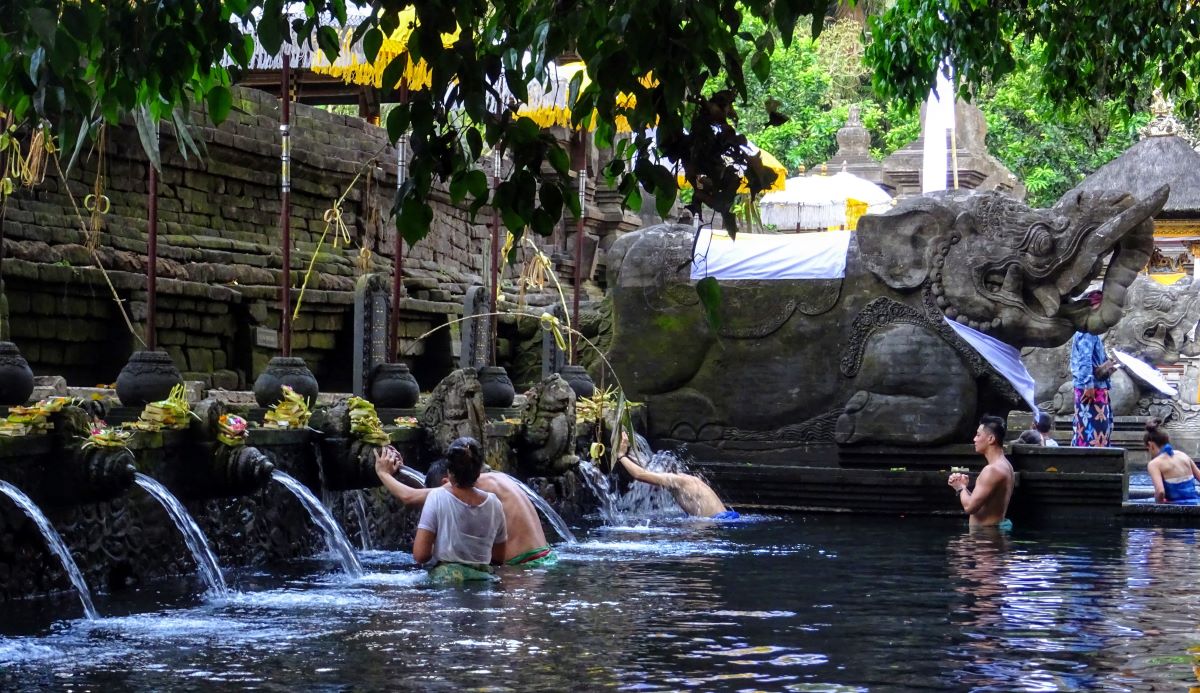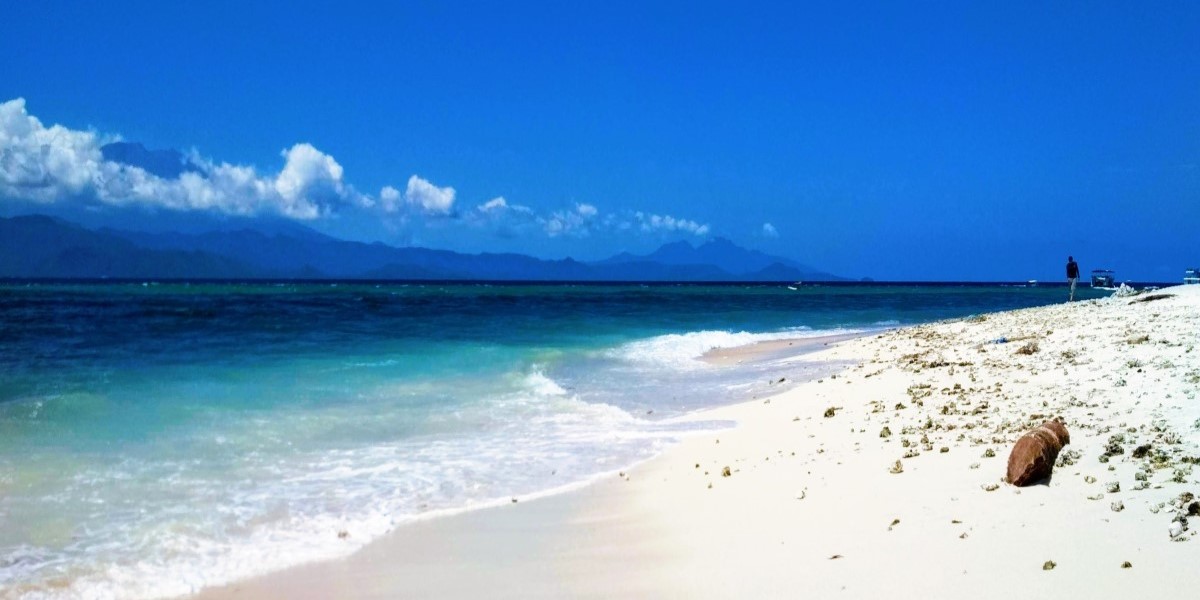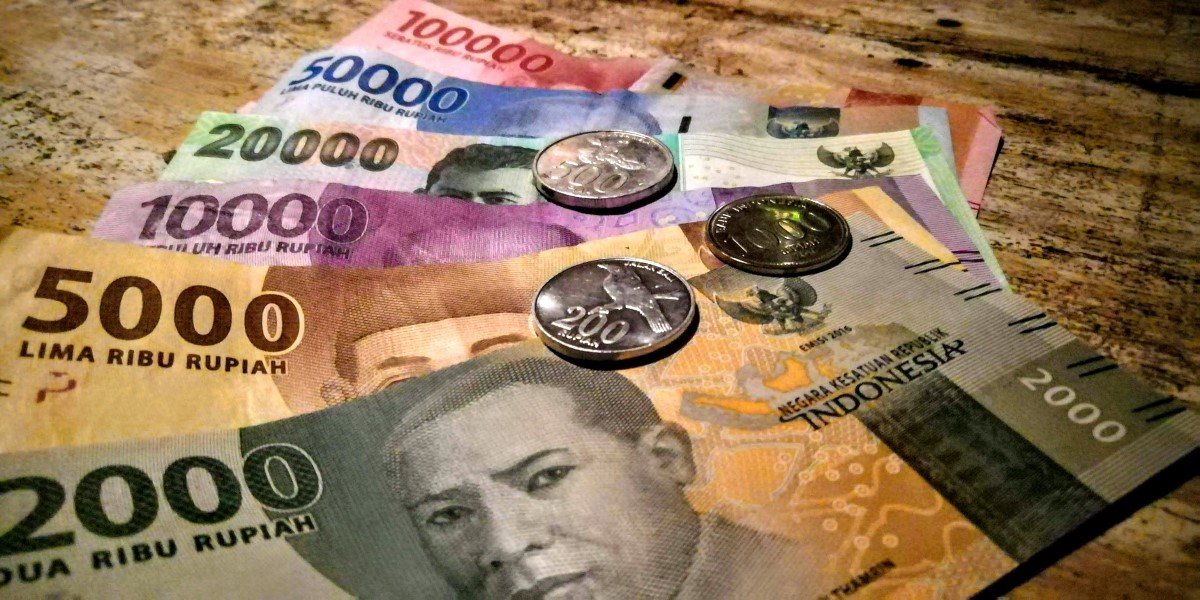The Indonesian island of Bali is located between the islands of Java and Lombok and belongs to the Lesser Sunda Islands archipelago. You’ll find many beautiful beaches, expansive rice terraces, stunning waterfalls, volcanoes, and countless Hindu temples here. Bali is a place that certainly has a lot to offer. If you’re considering a visit or have already decided to go, you’ll definitely appreciate some general advice.

Visa and Entry Requirements
Visa-Free Entry: Many nationalities, including those from the U.S., U.K., Australia, and most of Europe, are eligible for visa-free entry to Indonesia for short stays of up to 30 days. This is strictly for tourism purposes and cannot be extended.
Visa on Arrival (VOA): If you need to stay longer, you can apply for a Visa on Arrival. This visa is valid for 30 days and can be extended once for another 30 days. The VOA costs around USD 35 and can be purchased at most major entry points, including Ngurah Rai International Airport.
Passport Validity: Ensure your passport is valid for at least six months from your date of entry into Bali, with at least two blank pages for stamps. This is strictly enforced, and travelers have been denied entry for not meeting this requirement.
Best Time to Visit Bali
Dry Season (April to October): The most popular time to visit Bali is during the dry season, where the weather is sunny and perfect for outdoor activities like trekking, beach-hopping, and exploring temples. July and August are peak months, so expect more crowds and higher prices.
Wet Season (November to March): The wet season brings tropical showers, which usually come in short bursts. If you don’t mind the rain and prefer fewer tourists, this can be a great time to visit. You can also score better deals on accommodation during this off-peak period.
Packing Essentials for Bali
- Lightweight Clothing: Bali’s tropical climate means it’s warm year-round. Pack lightweight, breathable clothing such as cotton and linen. Don’t forget swimwear, a hat, and sunglasses for beach days.
- Reusable Water Bottle: Tap water in Bali isn’t safe for drinking, but you’ll find many filtered water stations. Carry a reusable water bottle to stay hydrated and reduce plastic waste.
- Power Adapter: Bali uses European-style two-pin plugs (Type C or F), so bring a universal adapter if your electronics have different plugs.
- Sunscreen and Mosquito Repellent: Bali’s tropical climate means the sun can be harsh, and mosquitoes can be a problem, especially in rural areas or during the rainy season. Both sunscreen and repellent can be more expensive locally, so it’s best to bring your own.
Transport Options in Bali
Private Drivers: Hiring a private driver is one of the most convenient and popular ways to get around Bali. A full-day hire (8-10 hours) costs between 550,000 to 1,200,000 IDR (about $35-$80 USD), depending on the vehicle and your itinerary. This option gives you flexibility to explore off-the-beaten-path areas.
Ride-Hailing Apps: Apps like Grab and GoJek are widely used in Bali for affordable transportation. These apps allow you to hire motorbikes or cars, and are particularly convenient in more urbanized areas like Ubud, Seminyak, and Canggu.
Scooters: Renting a scooter is a common way to explore the island, but be cautious. Bali’s roads can be chaotic, with frequent traffic jams and unpredictable drivers. You’ll need an international driving permit, and always wear a helmet. Rental costs around 50,000 to 70,000 IDR per day.
Taxis: Official taxis, like Bluebird, are metered and reliable. However, many taxis don’t use meters, so always agree on a fare before your trip to avoid being overcharged.
Cultural Etiquette
Respect for Temples: Bali is home to many beautiful temples, and it’s important to show respect when visiting. Wear modest clothing that covers your shoulders and knees. Many temples will provide sarongs and sashes to wear. Avoid pointing your feet at altars or people, as this is considered impolite.
Greetings and Gestures: A traditional Balinese greeting involves placing your hands together in a prayer-like position while slightly bowing. It’s always polite to say “Terima Kasih” (thank you) to locals.
Offerings: Throughout Bali, you’ll notice small offerings (canang sari) placed on sidewalks, at businesses, or outside homes. Be mindful not to step on them, as they are part of daily religious practices.
Staying Connected
SIM Cards: Buying a local SIM card is a cheap and easy way to stay connected. Providers like Telkomsel and Smartfren offer affordable data packages. You can buy a SIM card at the airport or local convenience stores. Make sure your phone is unlocked before you travel.
Wi-Fi: Most hotels, cafes, and restaurants offer free Wi-Fi, but the speed can vary. If you need consistent internet access, a local SIM with a data package is a better option.
Sustainable Travel Tips
Bali’s growing popularity has had environmental consequences, including plastic waste and pollution. Here’s how to travel more sustainably:
- Avoid Single-Use Plastics: Carry a reusable water bottle and fill it up from the 19l water bottles as they are getting recycled and reused. The best water brands are Cleo and Aqua
- Support Local Businesses: Choose eco-friendly tours, stay in locally owned accommodations, and eat at local restaurants.
- Respect Wildlife: Avoid attractions that exploit animals, such as elephant riding or visiting poorly managed wildlife sanctuaries.
What to Do and See in Bali
Beaches: Bali is famous for its stunning beaches. For surfing, head to Uluwatu or Canggu. For family-friendly beaches, Nusa Dua and Jimbaran are excellent choices. If you’re after nightlife, Seminyak and Kuta offer lively beach clubs.
Temples: Don’t miss iconic temples like Uluwatu Temple, Tanah Lot, and Besakih, the island’s largest temple. These sacred sites often have stunning locations, perched on cliffs or surrounded by lush greenery.
Cultural Experiences: Attend a traditional dance performance, such as the Kecak or Barong dance, or visit Ubud’s art galleries and markets to experience Bali’s rich culture.
Nature: Explore Bali’s breathtaking natural beauty by visiting the Tegalalang Rice Terraces, Mount Batur for a sunrise trek, or the stunning Sekumpul Waterfall. Bali also offers fantastic snorkeling and diving opportunities in places like Amed, Menjangan Island, and the Gili Islands.

Money Matters: Currency and ATMs
Currency: The official currency in Bali is the Indonesian Rupiah (IDR). ATMs are widespread in tourist areas, but it’s always good to carry some cash, especially if you plan to visit more remote locations. The exchange rate can fluctuate, but generally, USD 1 equals around 15,000 IDR.
ATMs and Money Exchange: Use ATMs within banks for safety and avoid using standalone machines in isolated areas to minimize the risk of card skimming. When exchanging cash, choose reputable money changers—avoid street stalls as they often involve scams. Most ATMs have a withdrawal limit between 2,000,000 to 3,000,000 IDR per transaction.
Credit Cards: Credit cards are accepted in most hotels, upscale restaurants, and shops in tourist areas, but cash is still the primary mode of payment, especially in rural areas and smaller businesses.

Health and Safety Tips
Drinking Water: Bali’s tap water is not safe for drinking, so stick to bottled or filtered water. Many hotels and restaurants offer water refilling stations, so bring a reusable water bottle to reduce plastic waste.
Travel Insurance: It’s essential to have comprehensive travel insurance that covers health, accidents, and lost baggage. Medical care can be expensive, and accidents on scooters are common.
Bali Belly: Bali Belly (traveler’s diarrhea) is a common issue for first-time visitors due to unfamiliar bacteria. To avoid it, always drink filtered water, wash your hands frequently, and eat at reputable restaurants. If you do get sick, pharmacies in Bali carry medication like Imodium or rehydration salts. Be careful and try multiple pharmacies cause the price can be extremely different from place to place and foreigners often get overcharged.
Where and How to Find Cheap Accommodation?
For finding accommodation, we recommend using Booking, Agoda, or Airbnb. When it comes to accommodation, Bali offers a wide range of options, from the cheapest shared rooms, homestays, hostels, and hotels, to top-notch resorts. Availability is truly vast, so it’s up to you what kind of accommodation you have in mind.
From our experience, we strongly recommend that you do not stay in one place for your entire visit to Bali. Although the distances between destinations may not seem insurmountable, the roads are often congested, and daily trips could become unnecessarily strenuous for you. Therefore, divide the island into several parts, find accommodation in each, and explore its beauty from there.
It’s also important to know that at most accommodations, you can handle your basic needs in English. For some, such a wide range of options might seem overwhelming, so if you have any concerns, feel free to reach out to us, and we’ll be happy to help you choose.

Basic Information about Bali
Capital city: Denpasar
Area: 5,780 km²
Population: 4.22 million
Language: Indonesian, Balinese
Religion: Balinese Hinduism (over 90%), Islam, Christianity, Buddhism
Time zone: CET +7 (winter time), +6 (summer time)
Currency: Indonesian Rupiah (IDR)
Telephone code: +62
Highest mountain: Mount Agung (3,142 m above sea level)
Where to buy the cheapest tickets for the fast boat?
A proven way to purchase boat tickets, if you are planning to visit islands like Nusa Penida, Nusa Lembongan, Gili, or Lombok, is through the form below. Here you will usually get the most favorable prices. More information at www.speedboatbali.com






